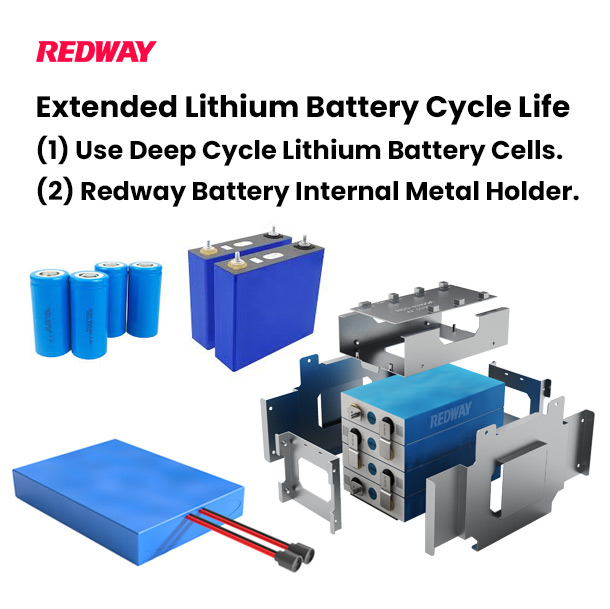The success of electric vehicles (EVs) in the construction industry depends on battery prices reaching a tipping point, where the total cost of ownership becomes cheaper than diesel alternatives. A recent report by IDTechEx, titled “Electric Vehicles in Construction 2023-2043,” highlights the importance of selecting the right battery chemistry to achieve a low enough vehicle price. The report reveals a clear dichotomy between the batteries being deployed in China and Europe. While Europe favors NMC (Nickel Manganese Cobalt), China has chosen LFP (Lithium Iron Phosphate). The choice of battery chemistry is driven by factors such as performance, cost, and availability.

#post_seo_title
FAQs:
1. What are the key battery requirements for electric construction vehicles?
Electric construction vehicles prioritize batteries with huge capacities at low costs. Power density is not a significant concern, as these vehicles operate at a steady rate over a long duration. Additionally, peak discharge requirements for construction vehicles are typically low, allowing for the use of lead acid, NMC, or LFP batteries.
2. Why is NMC dominant in Europe, while LFP is preferred in China?
The dominance of NMC in Europe can be attributed to the availability of NMC battery pack suppliers in the region. Most European and North American pack manufacturers offer NMC batteries, which are also commonly used in heavy-duty road vehicles. In contrast, China has focused on rapid electrification of its vehicle fleet, leading to a supply of affordable LFP solutions, making it the chemistry of choice in the Chinese market.
3. Are there any other battery chemistries being considered for electric construction vehicles?
Sodium-ion batteries are an emerging chemistry that could potentially be used in the construction industry. However, these batteries are still in the early stages of development, with higher costs and lower performance compared to NMC and LFP batteries. As sodium-ion batteries mature and become more cost-effective, they may find application in the construction industry.
4. How is the electric construction vehicle market expected to grow in the coming years?
According to the IDTechEx report, the electric construction machine industry is projected to grow at a compound annual growth rate of 37% over the next ten years. The market is forecasted to reach a value of US$150 billion by 2043, indicating a significant increase in the adoption of electric construction vehicles.
5. What role does battery pricing play in the success of electric construction vehicles?
Battery pricing is a crucial factor in the adoption of electric construction vehicles. For EVs to be economically viable compared to diesel alternatives, battery prices need to reach a tipping point where the total cost of ownership is lower for EVs. As battery prices continue to decrease, the market for electric construction vehicles is expected to expand.


